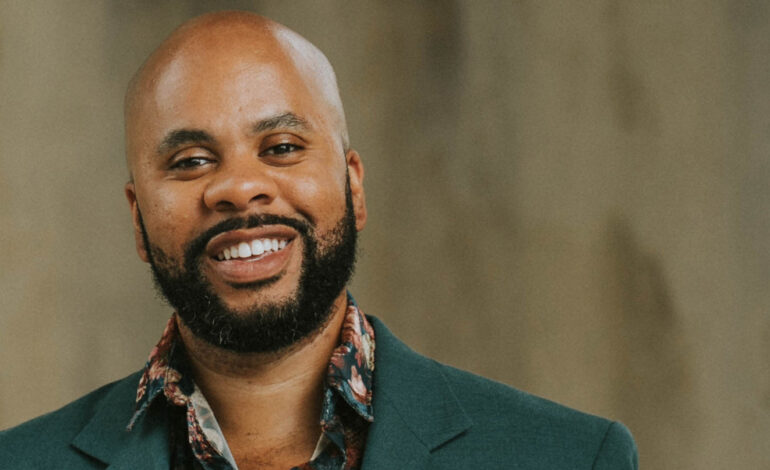Neighbor’s Long-Winded Stories Frustrate Friends in Community

In a suburban neighborhood in Philadelphia, a longstanding friendship is being tested by a neighbor’s habit of sharing lengthy anecdotes. The neighbor, a university professor known for his engaging lectures, often stops by to recount tales from his life or comment on current events. While he considers himself a raconteur, his friends find themselves struggling to engage with his monologues.
Residents have expressed their frustration, noting that his visits tend to revolve around his own experiences rather than mutual interests or updates about their lives. A friend of the professor mentioned that he never inquires about their activities, leading to a one-sided dynamic that some find irksome.
Strategies for Navigating the Situation
One effective approach to address the issue involves gently redirecting the conversation. A suggestion for friends is to interject with phrases like, “Hold that thought; we were discussing something else, if you’d like to join us.” This method acknowledges the neighbor’s enthusiasm while steering the dialogue back to a more balanced exchange.
Alternatively, asking him a direct question can help shift the focus away from his pontifications. A simple, “Could you summarize that for me?” can convey the message that his audience is seeking a more engaging interaction. Ultimately, it is important for him to recognize that his friends are there to connect, not to merely listen to a performance.
The underlying goal is to foster a more reciprocal friendship. By adjusting expectations and encouraging a two-way conversation, the neighbor may begin to understand the dynamics of friendship that extend beyond his usual storytelling.
Understanding Racial Sensitivities in Friendships
In another letter addressing friendship dynamics, a writer described a situation involving a compliment that inadvertently caused offense. The correspondent, who has known his friend Steve for over ten years, expressed admiration by comparing Steve to a well-known, respected actor. However, Steve found the remark offensive, perceiving it as a racially charged comment.
In this case, the writer may find it beneficial to clarify intentions. A simple acknowledgment, such as, “I meant no harm by my comment, and I apologize if it offended you,” can help de-escalate the situation. Recognizing that perceptions differ and that Steve may not see the actor in the same light is crucial for maintaining their friendship.
Asking open-ended questions about Steve’s feelings can lead to deeper understanding and strengthen their bond. This dialogue can help both friends navigate sensitive topics and enhance their relationship.
Ultimately, these situations highlight the complexities of friendships in diverse communities. They remind us that communication is key, whether in addressing annoying habits or navigating sensitive discussions about race. By fostering open dialogue, friends can better understand each other and maintain the integrity of their relationships.






